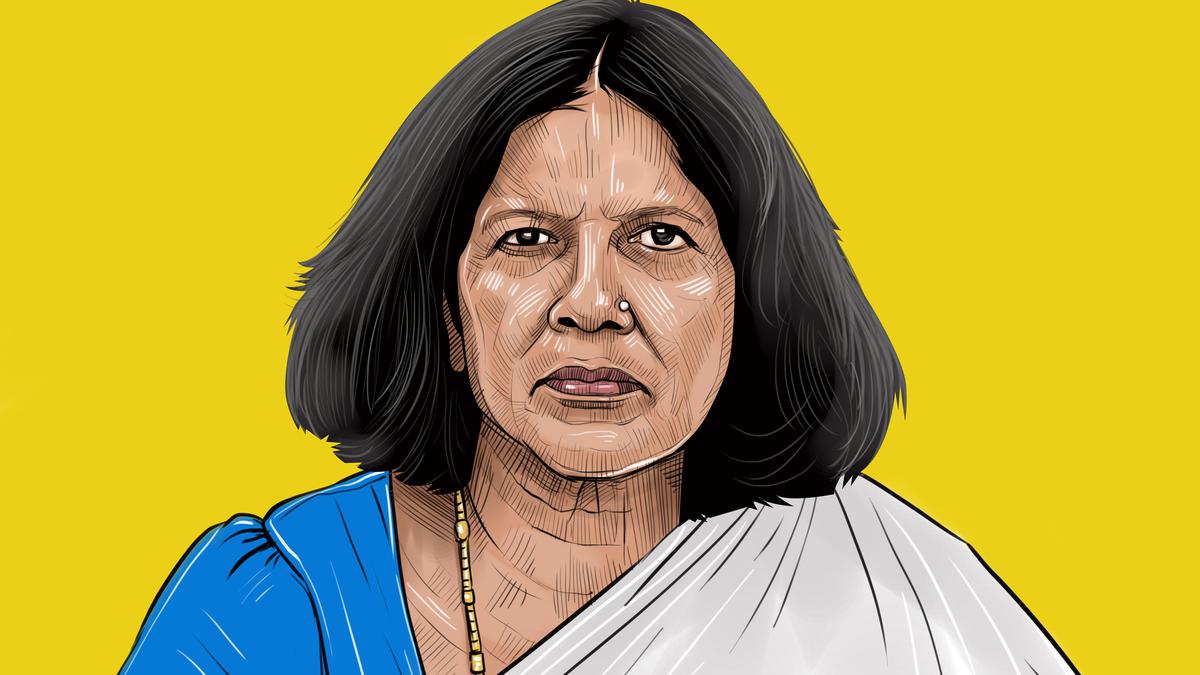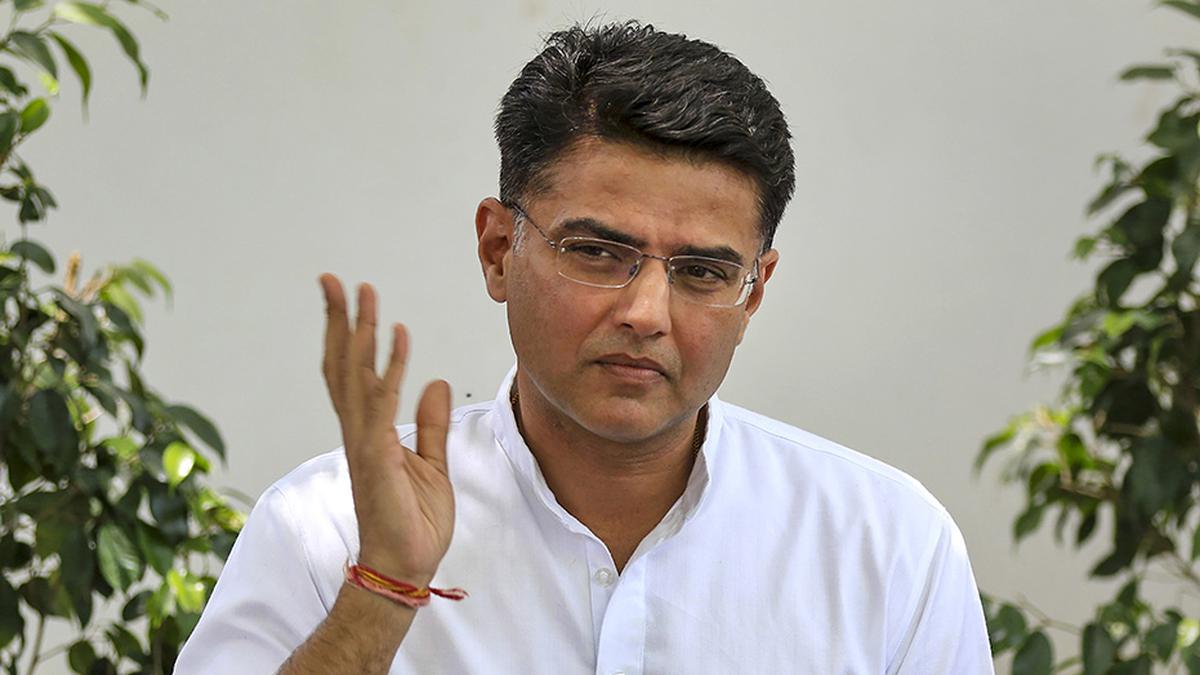Tackling a peculiar situation, arising in the case of a cross-border adoption of a child, which is not envisaged in Indian laws, the High Court of Karnataka directed the Union government to stretch its magnanimity and validate the adoption of a Ugandan child by a non-resident Indian (NRI) couple, who adopted the child with the approval of the High Court of Uganda as per the laws of that country.
Though the Central Adoption Resource Authority (CARA) told the court that it would issue “support letter” as per the Regulation 41 of the Adoption Regulations, 2022, the court pointed out that the support letter would place the petitioners or the child neither here nor there, as it has its own limitations.
“The support letter is for issuance of passport in case of in-country adoption. Therefore, the support letter would also not generate such right upon the petitioners or the child, as this is not inter-country adoption or in-country adoption; it is cross-border adoption. A situation which neither the Juvenile Justice (Care and Protection of Children) Act, 2015, nor the Regulations, 2022, envisage,” Justice M. Nagaprasanna observed in his order.
The court also noted that India is a signatory to the Hague Convention but Uganda is not. Therefore, the rights of the child to be treated as a citizen of India, on legalising adoption, lies in limbo, the court observed.
Stating that “situation in this case require ironing out creases in the laws without disturbing the content of the statute,” Justice Nagaprasanna directed the Union of India “not to restrict its magnanimity to only issuance of a support letter; it should stretch for issuance of an approval or a no objection certificate under the Regulations, for the reason that, it [India] is a signatory to the United Nation’s Hague Convention on Adoption.”
“Even though the adoption has not happened under the Hindu Adoptions and Maintenance Act, and in a country [Uganda], which is not a signatory to Hague Convention, but adoption has happened, the rights of a child of Indian citizens, who have adopted, cannot be left marooned,” the court observed.
Pointing out that the rights of the petitioner-couple as adoptive parents were conclusively determined by the orders of the courts in a foreign country, the High Court said that such conclusively determined orders of foreign courts are implementable through the courts in India as per Section 13 of the Code of Civil Procedure.
Background of case
The couple, who were working in Uganda during 2011-19, had adopted the child in 2014 and it was initially approved by the High Court of Uganda by issuing guardianship of the child to the petitioner-NRI couple. Later, the Ugandan High Court, in 2020, declared them as adoptive parents by confirming the adoption as per the laws of Uganda.
The couple, who are now employed in Kenya, had in June 2023, sent a communication to CARA (Central Adoption Resource Authority) seeking approval for the adoption as per the Indian laws. They moved the High Court of Karnataka as CARA did not respond to their communication.
CARA told the court that it did not want to jeopardise the rights of the petitioners or render the child illegal without legalising the adoption, and for this purpose it would issue support letter as that is enough in the present circumstances for necessary entry and exit of the adopted child to the shores of India.

 4 weeks ago
128
4 weeks ago
128



